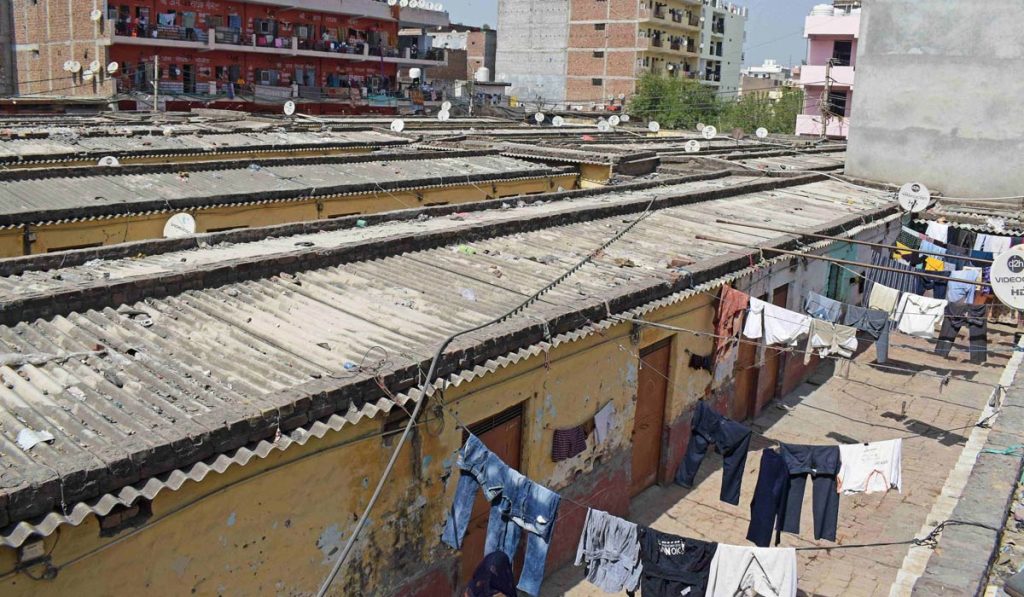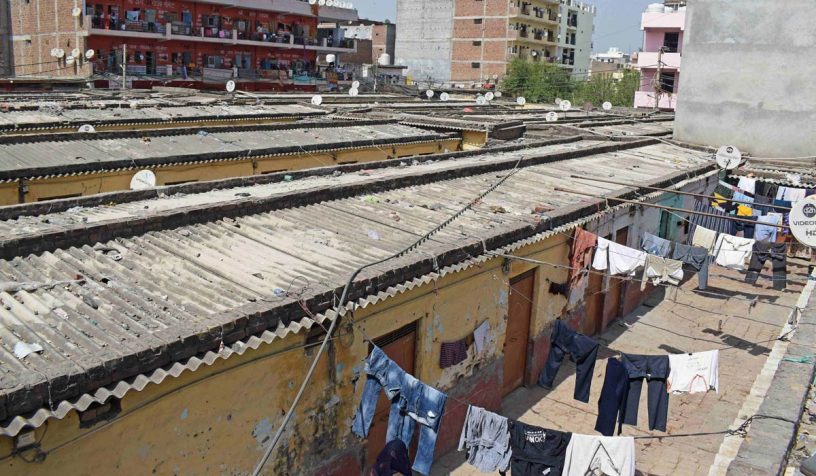
Studying the evolution and characteristics of an informal settlement located on the Delhi-Gurgaon border, Kapashera, the researchers highlight several gaps in the policies pertaining to the space in particular, and informal settlements in general.
Authors
Deepanshu Mohan, Associate Professor and Director, Centre for New Economics Studies, Jindal School of Liberal Arts and Humanities, O.P. Jindal Global University, Sonipat, Haryana, India.
Richa Sekhani, Research Associate, Indian council for Research on International Economic Relations (ICRIER); Senior Research Analyst, Center for New Economics studies (CNES).
Jignesh Mistry, Senior Research Analyst, CNES.
Advaita Singh, Senior Research Analyst CNES.
Vanshika Mittal, Senior Research Analyst, CNES.
Summary
Informal settlements have become a defining feature of the urban economy in developing countries. Comprising one-sixth of global population, the number is expected to double in the next decade.
Lack of basic amenities, improper building structures, unhealthy and dangerous environmental conditions, unsafe residency rights, poverty and social deprivations are some of the characteristics of these settlements.
With a known presence across the globe, informal settlements continue to be an abode that harbour marginal and poor communities, despite being literally pushed aside by governments and nation leaders. They continue to be excluded from urban opportunities, policy planning and decision making.
This paper, therefore, studies the evolution and characteristics of one such settlement located on the Delhi-Gurgaon border – Kapashera — that provides a home to tens of thousands of migrant workers from Bihar and other northern states.
The spatial characteristics of Kapashera highlight the several gaps in the policies pertaining to the space in particular, and informal settlements in general that need urgent attention of the policy makers especially in the light of recent pandemic.
Published in: Cities
To read the full article, please click here.


